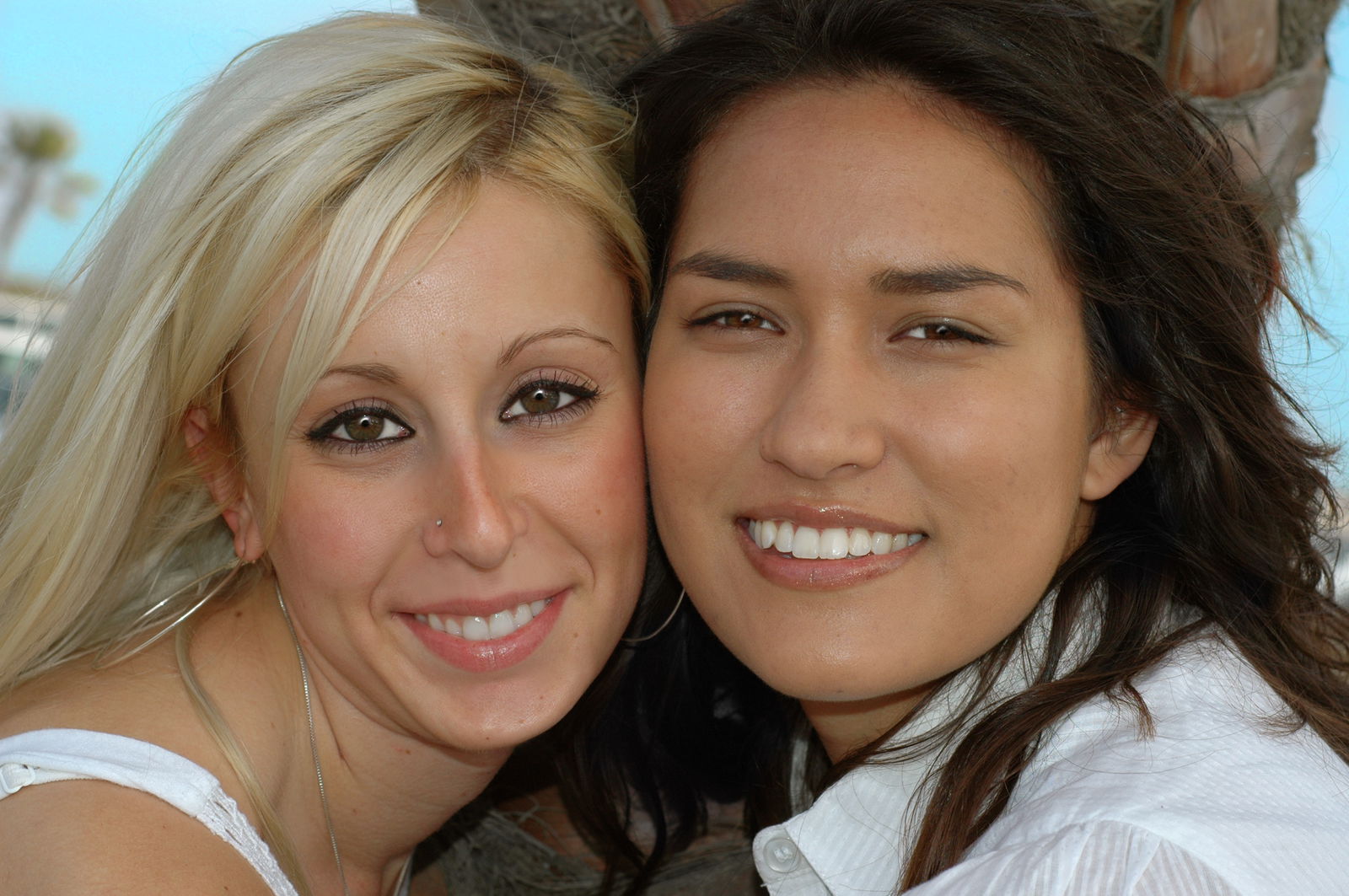

OK, this one is very common as a translation to “thank you” but it’s probably the most important word to know when visiting with locals. Thanking someone for food, service, or holding a door is generally good etiquette, but doing so in their language shows a higher degree of respect.

The loose translation of pono is the word “righteousness.” But it’s used in such a common manner in Hawaii that you might equate it to that of “righteousness” in biblical times. For how rare our modernity isolates the term to ancient books and spiritual leaders, Hawaiians use it in everyday use, and even in the official state motto.

The detailed meaning of this word is far from the literal translation we use it for: “power.” Rather than power over someone, or power to buy what you want, or power to subdue another the word “mana” actually means “power” in a way for good. The power to accomplish something meaningful and impactful for others, instead of to others. You can lose mana in the irresponsible ways you use power, and likewise gain in in the opposite.

The definition of this word sounds very derogatory and certainly can be used as such. It means someone who is not Hawaiian, and often more specifically white people. It’s very similar to the word “gringo” in Latin America, in that it could reference someone in a negative tone but can also be used as an inclusive term of acceptance. Try not to take insult if someone calls you haole.

This is one of those fun words that means “hidden meaning” and is in reference to using playful phrasing in one’s speech. Hawaiians love creative wordplay so the concept of kaona is often employed for double entendres, puns, and fanciful chatter.

The Hawaiian word for “family” means far more than just those with similar DNA. Ohana engulfs one’s tribe, friends, race, and community as “family.” This is a way to show respect and affection for those who are in your life regardless of their genetic connection to you.

This is just a fun word that might closely resemble the word “whatchamacallit” in that it’s vague, a placeholder, and operates when you have no idea what it is you’re referring to. Throw this into a sentence with a local and watch his/her smile grow!

This act typically is used in conjunction with the words “hang ten” but it’s much more spiritual and one-with-earth than for righteous surfer dudes. The meaning is that of understanding and gratitude as well as oneness with nature and your fellow people. Next time you use the shaka sign, extending your thumb and pinky, do so with the intent of gratitude.

Hawaiians have a strong sense of accountability and pride in one’s word. Therefore, the word kuleana is such an important one to local culture as it essentially means “my responsibility.” It goes a step farther with the person using the word basically announcing, “I own up to this and accept it as my personal responsibility.”

That’s right, hello and goodbye! Actually, no, that’s not quite right. Sure, Hawaiians will say “aloha” as a greeting and as a salutation but the meaning is much deeper. It means love, compassion, peace and can be combined to create short phrases that mean much more than a simple “hello.” For instance, “ke aloha” means something close to “beloved.” When you say “aloha” you are vocally spreading the love.
